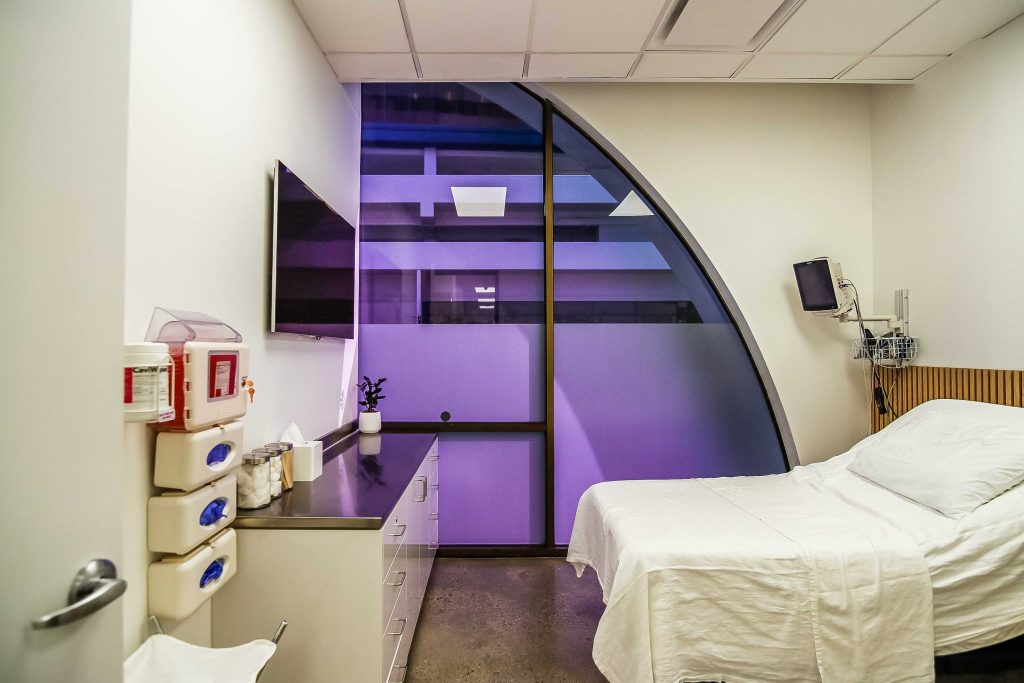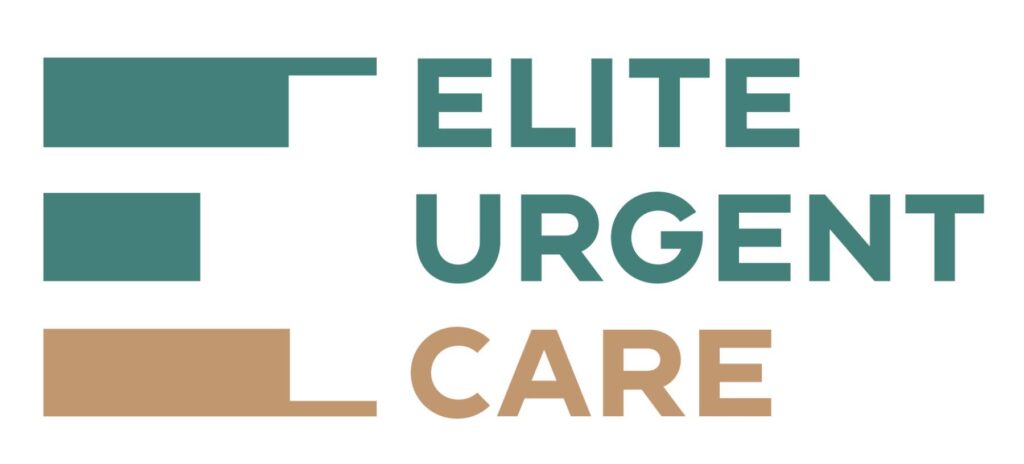
Ketamine, a medication with a long history of safe and effective use, is gaining renewed attention as a transformative therapy for depression, anxiety, chronic pain, and alcoholism. Originally developed as an anesthetic in the 1960s, ketamine is now widely recognized for its unique ability to improve symptoms in conditions that often resist traditional treatments. As ketamine infusion therapy gains popularity in the United States, patients and healthcare providers alike are discovering its potential to offer hope and healing.
Ketamine was first approved by the FDA in 1970 as an anesthetic for both humans and animals. Its rapid onset, short duration of action, and safety profile made it a preferred choice in surgical settings and for pain relief. In recent years, research has revealed ketamine’s remarkable efficacy in treating mood disorders and chronic pain, even at subanesthetic doses. These findings have paved the way for its adoption in outpatient infusion clinics, offering new options for individuals who have not found relief through conventional therapies.
Ketamine infusion therapy has surged in popularity across the U.S., particularly for treating conditions such as major depressive disorder (MDD), post-traumatic stress disorder (PTSD), and chronic pain syndromes. Unlike traditional antidepressants, which may take weeks to show results, ketamine often produces rapid improvements within hours to days. This has made it an attractive option for patients seeking fast and effective relief. Studies suggest that ketamine works by modulating glutamate, a neurotransmitter involved in brain plasticity, and resetting dysfunctional neural pathways.
Ketamine infusion therapy involves administering low doses of the medication intravenously under close medical supervision. The typical starting dose for depression and mood disorders is 0.5 mg/kg, infused over 40 to 60 minutes. For chronic pain, higher doses may be required, typically ranging from 0.3 to 1 mg/kg, administered over a longer duration. The frequency and number of infusions vary by individual, with most patients undergoing an initial series of six infusions over two to three weeks, followed by maintenance sessions as needed.
Not everyone is a candidate for ketamine infusion therapy. Ideal candidates include individuals with treatment-resistant depression, anxiety disorders, PTSD, chronic pain conditions, or alcoholism who have not responded to standard treatments. Patients must undergo a thorough medical evaluation to ensure safety, including a review of their medical history, current medications, and overall health status. Contraindications may include uncontrolled high blood pressure, certain psychiatric conditions such as schizophrenia, or a history of substance abuse involving ketamine.
Ketamine is generally well-tolerated when administered in a controlled medical setting. Common side effects include mild dissociation (a feeling of being detached from reality), nausea, dizziness, and temporary elevation in blood pressure. These effects typically subside shortly after the infusion ends. Serious side effects are rare, particularly when therapy is provided by experienced physicians who have experience with Ketamine. Patients are closely monitored during each session to ensure their safety and comfort.
Clinical studies have demonstrated the high efficacy of ketamine infusion therapy, particularly for mood disorders and chronic pain. Up to 70% of patients with treatment-resistant depression experience significant improvement in symptoms after completing a series of infusions. For chronic pain conditions, ketamine can provide lasting relief by resetting pain pathways in the brain. While not a cure, ketamine therapy offers a powerful tool to improve quality of life and reduce reliance on medications with more severe side effects.
At Elite Urgent Care, we are proud to offer ketamine infusion therapy as part of our commitment to advanced, patient-centered care. Our experienced medical team provides thorough evaluations and personalized treatment plans to ensure safe and effective outcomes. Call us today or book an appointment online to explore how ketamine therapy can help you regain control of your life and well-being.
